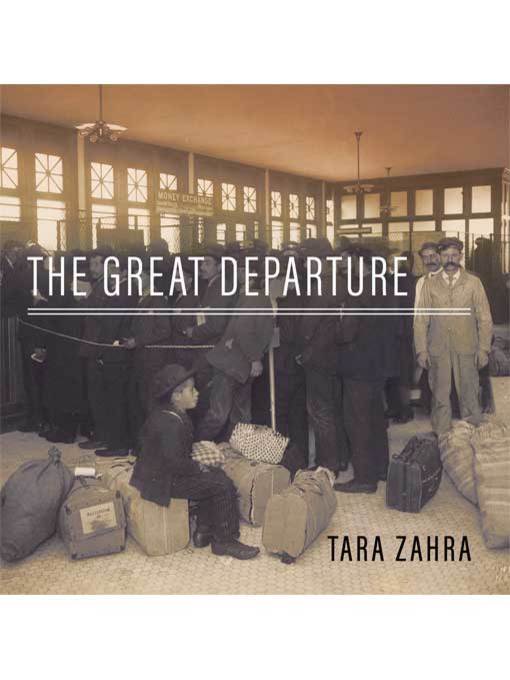
The Great Departure
Mass Migration from Eastern Europe and the Making of the Free World
کتاب های مرتبط
- اطلاعات
- نقد و بررسی
- دیدگاه کاربران
نقد و بررسی

In a year when immigration is a major issue, this audiobook is especially timely and instructive. It tells the story of the greatest era of population movement the world has ever seen through personal stories and historical writing that tells why some people left and thrived and others went back to where they came from. Narrator Elizabeth Wiley approaches the material using a professorial tone and clipped diction that accentuates the history. She reads the facts well, pronounces the myriad Eastern European names accurately, and keeps the book moving. However, she doesn't provide enough emphasis on the book's personal and emotional components. While her delivery is authoritative, she misses making a connection with the listener. R.I.G. © AudioFile 2016, Portland, Maine

February 29, 2016
Zahra (Kidnapped Souls), a MacArthur fellow and professor of modern European history at the University of Chicago, examines the political and demographic developments and policies that influenced and were influenced by mass population movements from Eastern Europe to the Americas between the 1880s and the early 21st century. She shows how migration sapped the demographic strength of some pre-WWI empires—for example, 3.5 million people emigrated from Austria-Hungary between 1876 and 1910—though remittances from such families to relatives back home also “expanded peasant landholdings, renovated churches, and provided relief in cases of natural disaster.” Zahra relates that during the interwar period, some newly established countries encouraged the emigration of ethnic minorities, while some Polish leaders planned what was euphemistically called an “evacuation” of their country’s sizable Jewish population to Madagascar. After WWII, she shows the ways migration policies articulated Cold War propaganda, as when one Polish publication told Polish workers who had sought work elsewhere that “whoever does not return ... sentences himself to a life of hopeless exile.” Zahra, an assiduous, multilingual researcher who mined sources in Czech, English, French, German, and Polish, is a graceful writer who has produced a very fine study.

























دیدگاه کاربران